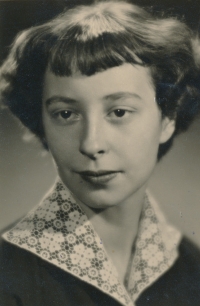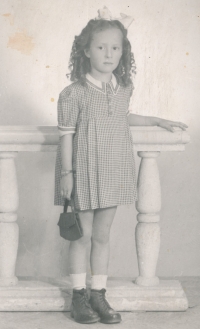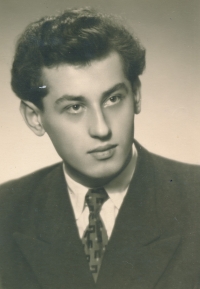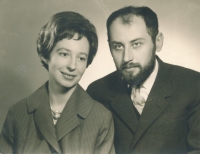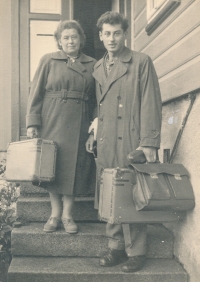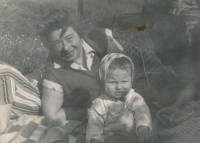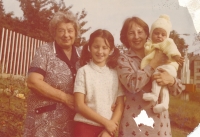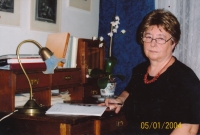The Communists watched everything, but they didn‘t pay much attention to the puppet theatre

Stáhnout obrázek
Alice Dubská, née Sekáčová, was born on 19 May 1938 in Sereď, Slovakia, into the family of Margita and Jan Sekáč. Her father owned a room painting and carpentry business. He died tragically when Alice was six months old. She lived through the war with her mother and relatives in Slovakia. When Alice was 11 years old, her mother died. Alice graduated from the chemical industry in Banská Štiavnica and worked as a laboratory assistant in Ružomberok. She was more interested in culture than chemistry. In 1960-1965 she studied theatre science at the Faculty of Arts of Charles University in Prague. In 1964 she married Josef Dubský, a graduate of the Faculty of Science at Charles University. She worked at the Faculty of Arts of Charles University as an assistant, and in 1967 she won an audition for the Cabinet for the Study of Czech Theatre at the Czechoslovak Academy of Sciences (CSAS), where she focused on the history of Czech puppet theatre. She defended her thesis „Developmental Problems of Czech Theatre in the 1920s and 1930s“ in 1973. She worked at the Academy of Sciences until 1993, after which she worked at the Faculty of Education of Charles University as a researcher. After the re-establishment of the Cabinet for the Study of Czech Theatre within the Theatre Institute, she returned to it again in 1997-2003. Between 1997 and 2010, she lectured on the history of Czech puppetry at the Department of Alternative and Puppet Theatre at DAMU and from 2010 to 2013 she taught at the Higher Vocational School of Acting in Prague-Michel. In 1998 she received an associate professorship at the Academy of Performing Arts/DAMU for her work on Czech theatre in the 18th and 19th centuries. She has numerous scientific publications to her credit. Among her most outstanding works is „The Journeys of the puppeteers Brát and Pratte through 18th and 19th century Europe“. In her narrative for Memory of Nations, she describes the politically free atmosphere at her workplace at the Czechoslovak Academy of Sciences during the normalization period, as well as censorship interference from outside. In 2023 she was living in Prague.
